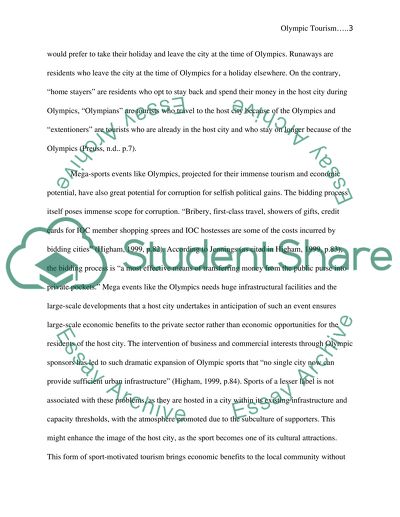Cite this document
(“Researcch paper on human geography topic Olympic tourism and economics Essay”, n.d.)
Researcch paper on human geography topic Olympic tourism and economics Essay. Retrieved from https://studentshare.org/miscellaneous/1519341-researcch-paper-on-human-geography-topic-olympic-tourism-and-economics
Researcch paper on human geography topic Olympic tourism and economics Essay. Retrieved from https://studentshare.org/miscellaneous/1519341-researcch-paper-on-human-geography-topic-olympic-tourism-and-economics
(Researcch Paper on Human Geography Topic Olympic Tourism and Economics Essay)
Researcch Paper on Human Geography Topic Olympic Tourism and Economics Essay. https://studentshare.org/miscellaneous/1519341-researcch-paper-on-human-geography-topic-olympic-tourism-and-economics.
Researcch Paper on Human Geography Topic Olympic Tourism and Economics Essay. https://studentshare.org/miscellaneous/1519341-researcch-paper-on-human-geography-topic-olympic-tourism-and-economics.
“Researcch Paper on Human Geography Topic Olympic Tourism and Economics Essay”, n.d. https://studentshare.org/miscellaneous/1519341-researcch-paper-on-human-geography-topic-olympic-tourism-and-economics.


